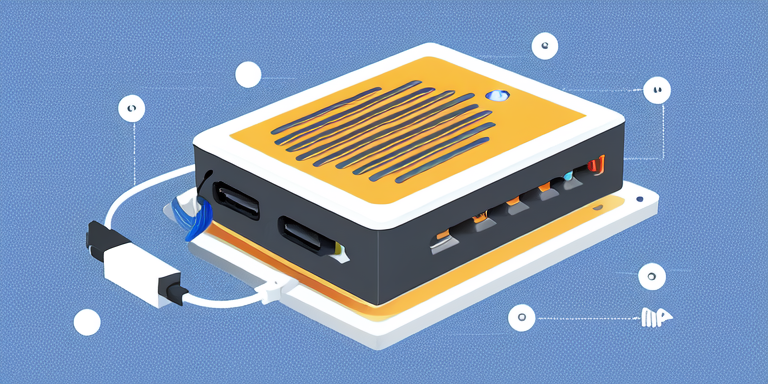Turning USB Devices On and Off with a Relay Using Raspberry Pi
2014-05-31 12:29 (11 years ago)
ytyng

I wanted to use external speakers to play music with my Raspberry Pi, but I thought it would be a waste of energy to keep the speakers powered on all the time. So, I decided to create a system that turns the power on only when needed.
You can easily achieve this with a single relay. The relay is controlled by the GPIO.
Wiring Diagram

Normally, the Raspberry Pi gets its 5V power from the Micro USB port, but I read that there is a regulator in place, and the current from the +5V pin of the GPIO is quite weak (700mA?). Conversely, the +5V of pin 2 on the GPIO can also be used as a power input, so I tried supplying power from there. However, since this bypasses the regulator, you need to be careful about overcurrent.
When I tried it, the wiring became very neat. It’s a good setup.
Test Video
From ipython, I turned GPIO7 ON to power the USB-powered speakers.
Code
Just before playing the audio, turn GPIO7 ON, and turn it OFF once the playback is finished. Here’s how it looks in a bash script.
#!/bin/bash gpio mode 7 out gpio write 7 1 mpg321 "$@" gpio write 7 0
(You can install the gpio command from here.
You can install mpg321 with sudo apt-get install mpg321.)
Save this script with a name like play-music and make sure the path is set.
$ play-music music/xxxx.mp3
This will automatically turn the speakers ON → play → turn the speakers OFF.
This time, I used a physical switch relay, so there’s a "click" noise when turning the power ON/OFF. While this may not be noticeable if enclosed in a case, using a solid-state relay can help reduce the noise.
We look forward to discussing your development needs.
